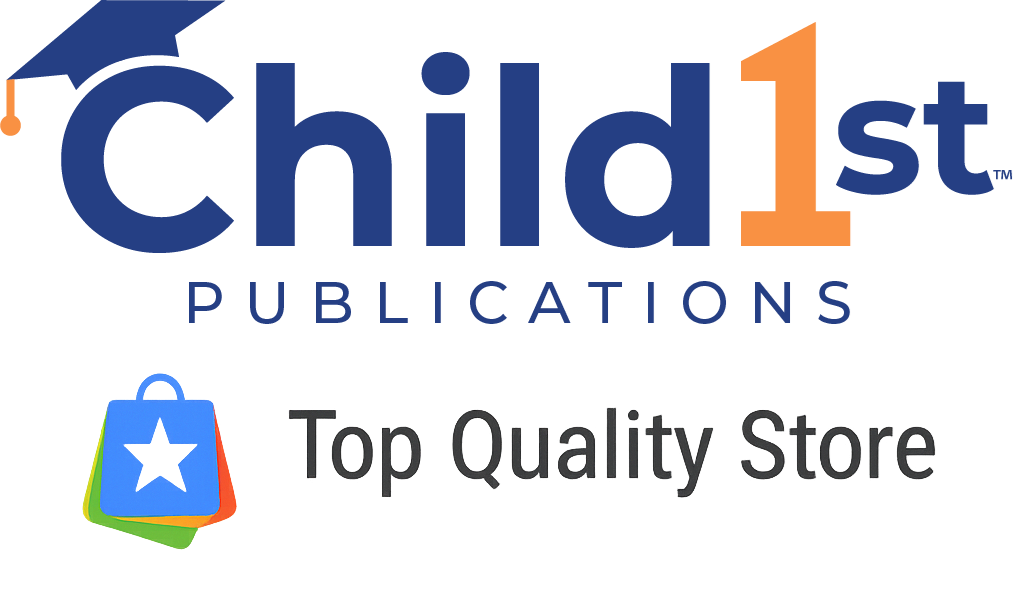What is it About Learning to Read that is Hard for Some Kids?
When a child cannot learn to read, is the issue the child or the teaching approach? Some children have no trouble at all learning to read, write, and spell inside traditional classrooms or using a traditional language arts curriculum, but others struggle miserably.
Children who learn to read easily can:
Learn the names of letters
Learn the sounds those letters (and letter combinations) make
Sound out words (remembering the sounds they are saying as they move through the word so that by the time they come to the end of the word, they can collect those sounds into a word that makes sense)
Learn and remember whole words once they have sounded them out several times
Transfer what they have learned about smaller words and use that knowledge to help themselves figure out new, larger, more complex words
Do all this mechanical stuff while still absorbing the meaning the words carry (in other words, they can do all the work of reading while still understanding what they are reading)
Recall words well enough to spell them reasonably well when writing
Create a story, keep a train of thought going, as they write using those words they have learned to read
But thousands of children cannot learn that way
In our day and age we have become very specialized in the labels we assign our children who cannot successfully learn to read, write, and spell. For some children, one particular aspect of reading gives them more trouble, while for other kids some other part of that linear process (see above) is the sticking point.
Those who have a particularly difficult time with manipulating sounds (as is required in sounding out words) might be identified as having an auditory processing disorder.
Those who cannot visually maintain a sequence of letters such as is found in a word might be identified as dyslexic.
Those who are very active and who have trouble maintaining focus in a linear way (such as is required to stay on a line of text until you have sounded out everything, leaving out no details) might be identified as having ADHD.
And the list goes on. Some are identified as having disabilities in comprehension, in writing, etc., but in general all of these skills that give children so much grief are reading skills. Because children are different from each other, what they are good at (and what causes them trouble) will vary.
Let’s turn our focus away from identifying disability and instead refine our teaching approach
If the percentage of children who struggle with reading were very small, it would make sense to continue identifying the children as disabled. However, a very large percent of children today are not proficient with reading. A very large number of children cannot function in a traditional arena.
At Child1st we create resources for teaching reading that remove the difficulties of remembering sounds, sounding out words, reading sight words instantly, deciphering new words, remembering phonics concepts, spelling correctly, writing, and comprehension... so your child can love learning.





Leave a comment